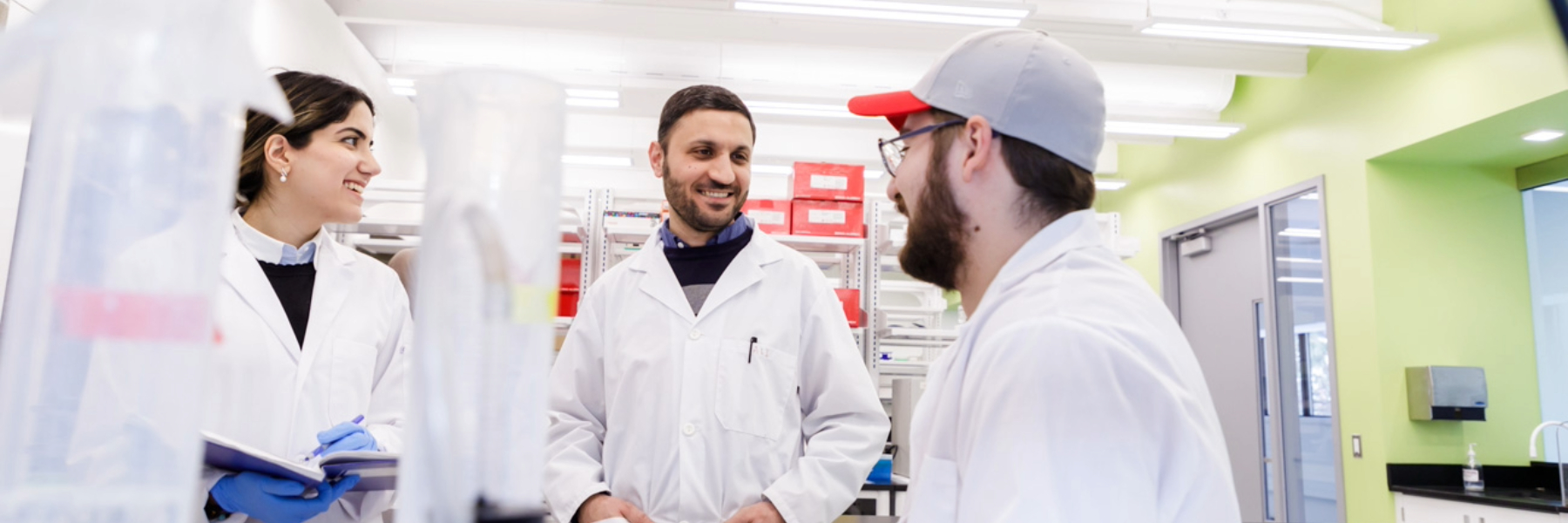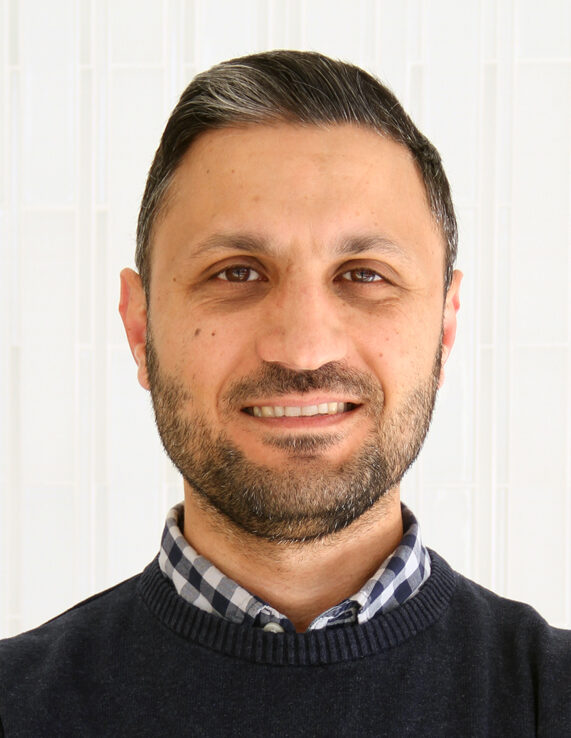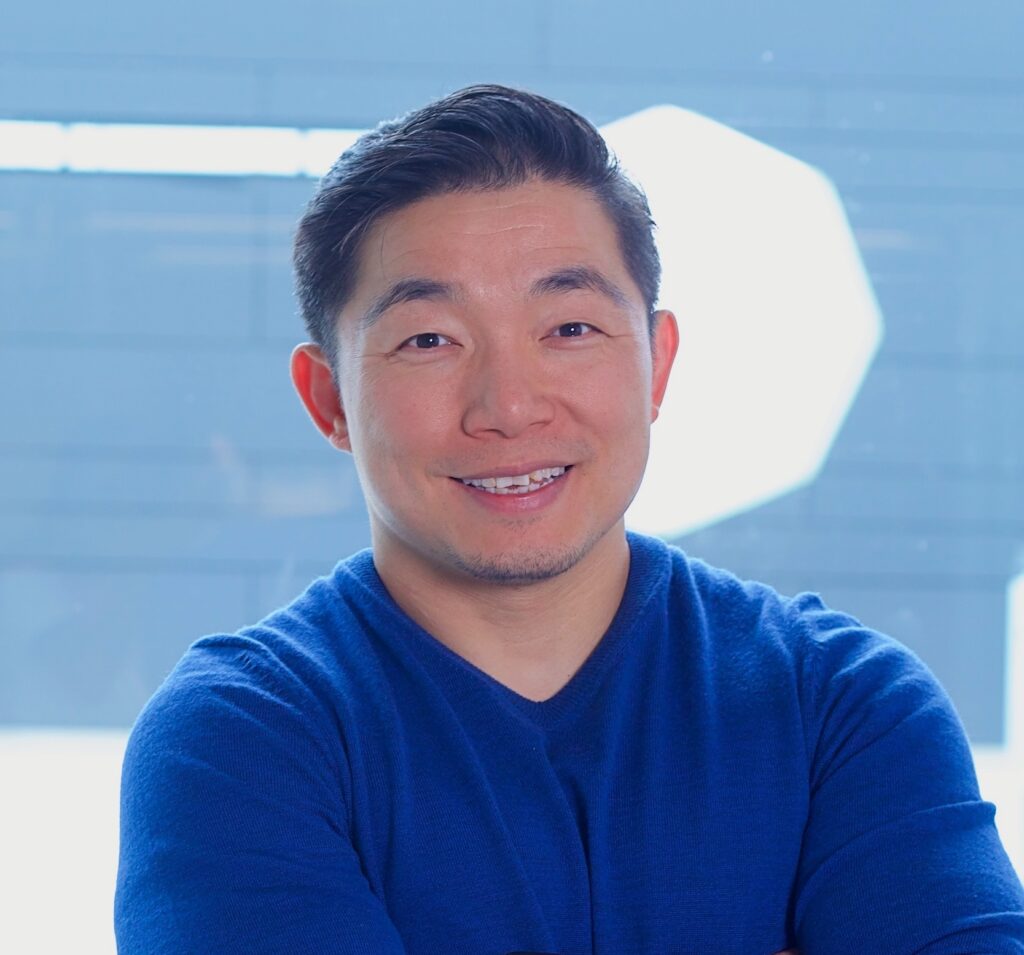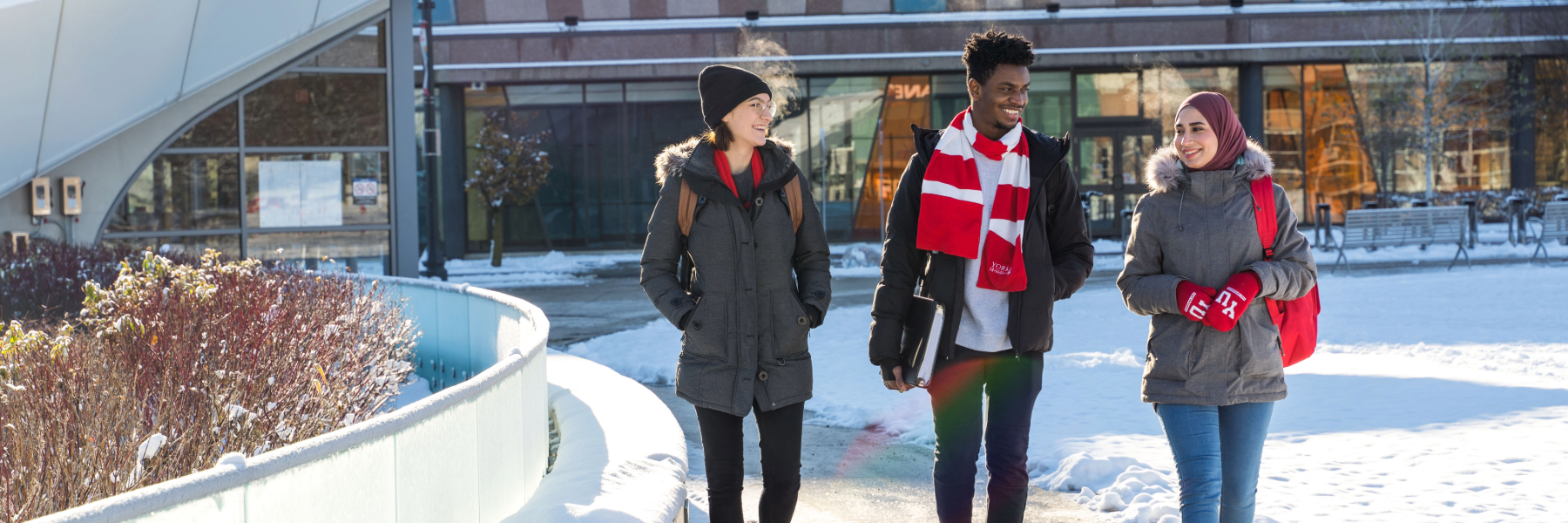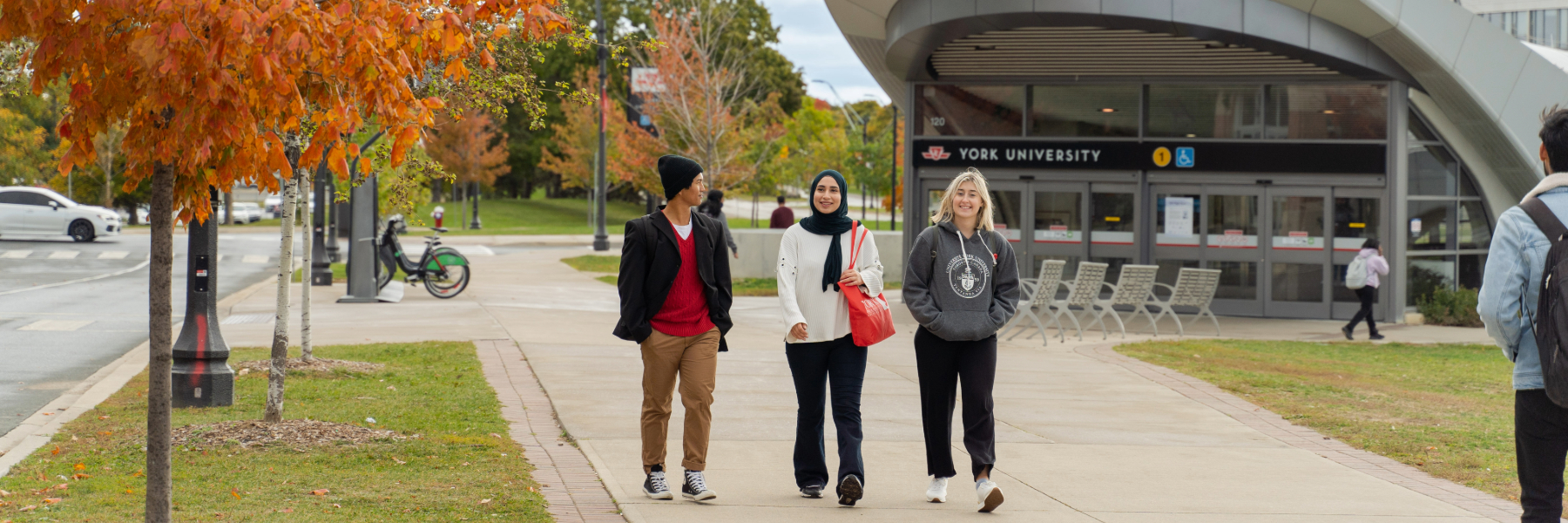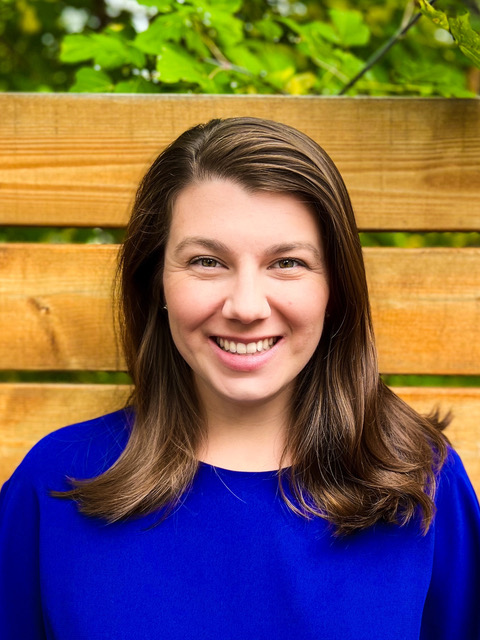Researchers at York University are leading work to understand the impacts of youth sports on child development, investigating the benefits and risks of organized sports programming for children aged six and under.
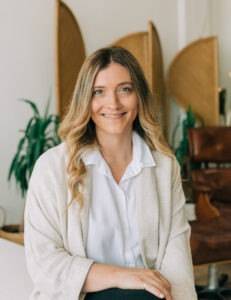
In a paper published in Sport in Society earlier this year, Faculty of Health researchers studied five different types of sports programs for preschoolers, observing several classes and interviewing families over the span of several months. Their findings reveal a research gap regarding how preschoolers experience sport, their parents’ motives, and the effectiveness and uniformity of programming for children under six (U6).
“Our goal for this case study was to learn more about what really is happening in this unexplored demographic of U6 sports, gain insight into the flow of activity in classes, and to examine the kinds of sports-specific and fundamental movement skills being taught,” said lead author Meghan Harlow, a research associate in the School of Kinesiology & Health Science, who co-authored the paper alongside Associate Professor Jessica Fraser-Thomas.
The sports programs involved in Harlow’s research, which began as part of her PhD work, included hockey, rugby, soccer, gymnastics and one multi-sport program. She observed many similarities, including similar training session layouts and a focus on targeted movements like running forwards and backwards, kicking and passing.
Each of the programs also involved some level of competition, which included a formal scrimmage or race. Hockey was the most competitive, being the only sport that involved the children playing structured games on half-ice.
“Current guidelines suggest engaging children in mini challenges with successes and failures, but the question of what is an age-appropriate challenge for U6 sports is unclear and difficult to determine, so it’s a really active area of research for us,” said Harlow. “Within many of these programs, the age range can vary significantly, so you may have a three-year-old playing with a five-year-old, and this complicates how sessions can be run or designed.”
Sport participation in Canada is largely guided by a framework that sports clubs and organizations use called the Long-Term Development in Sport and Physical Activity Model, or LTD Model. This framework outlines the types of skills and training people should learn at different life stages to develop their physical literacy or athletic abilities.
In the model’s Active Start stage, which ranges from zero to six years, the guidelines recommend primarily child-led free play, and structured gymnastics and swimming programs.
Harlow observed the sports programs with this model in mind, finding that the delivery and experiences of these preschooler sport programs sometimes deviated from this framework.
Additionally, in Harlow’s small sample size of 10 families, most of the children had previously participated in sports prior to the programs she observed. The researchers point out in the paper that this pattern of past sport participation contradicts long-standing recommendations by the American Academy of Pediatrics and the Canadian Paediatric Society, which advise most children are not ready for sport until around age six.
Harlow says larger and more diverse sample sizes, alongside more evidence, is needed to fully understand the best way for preschoolers to participate and develop in sports long-term, and how to set them up for success as they age.
“There’s the potential for this research to inform future versions of the LTD Model, which has been adopted internationally outside of Canada, and other models like it,” she said.
Harlow’s research interests in this field stem from her own experience in competitive gymnastics, first participating in the sport as early as three years old.
“Our early experiences in sport and physical activity shape our habits and perceptions over time,” she said. “Studying the early stages of sport can tell us a lot about sport choices and experiences, dropout, and ways to engage young children and youth in sport that will lead to healthy and happy outcomes.”
Harlow’s research was funded by the Social Sciences & Humanities Research Council of Canada and the Ontario Graduate Scholarship.



